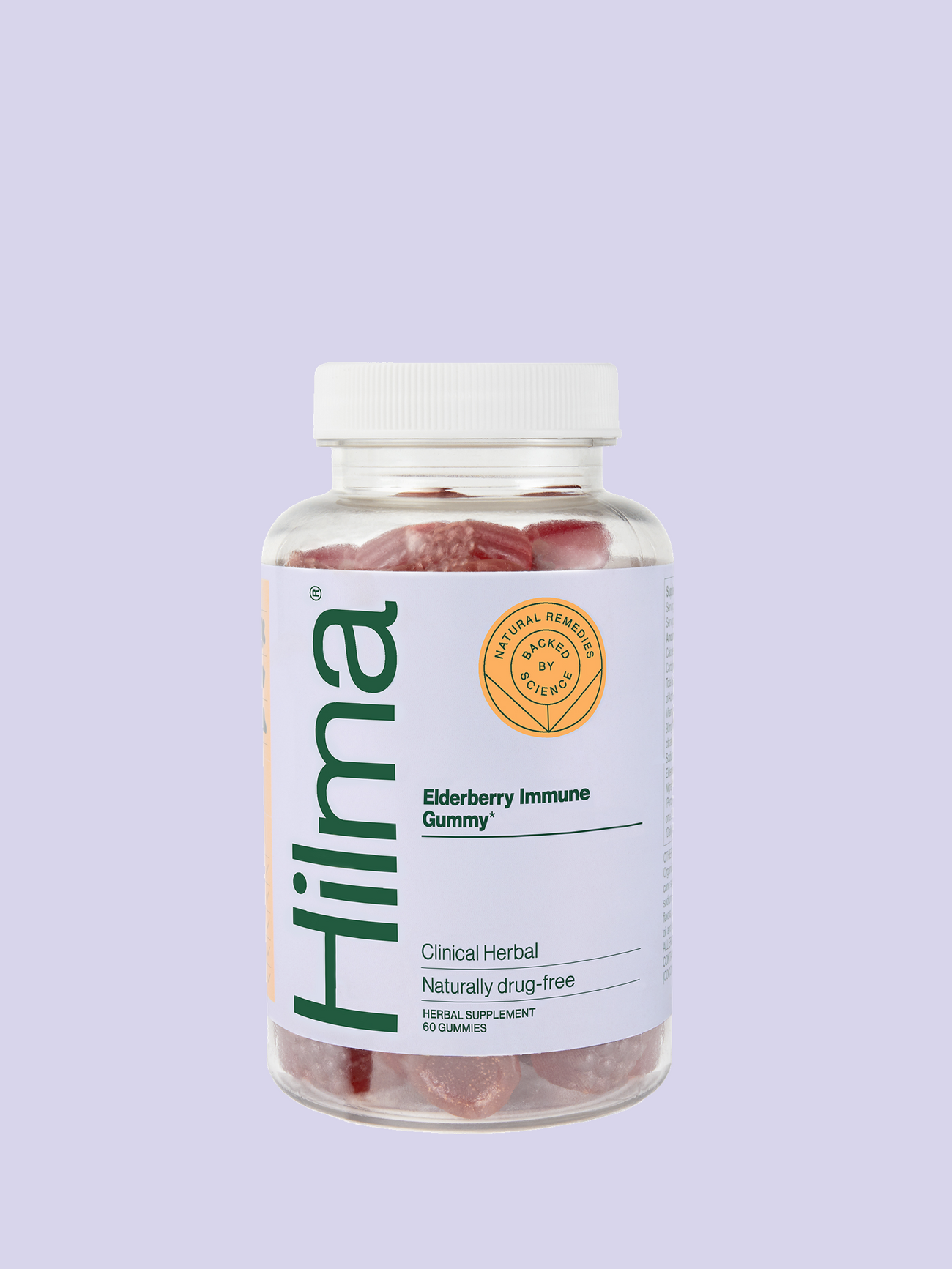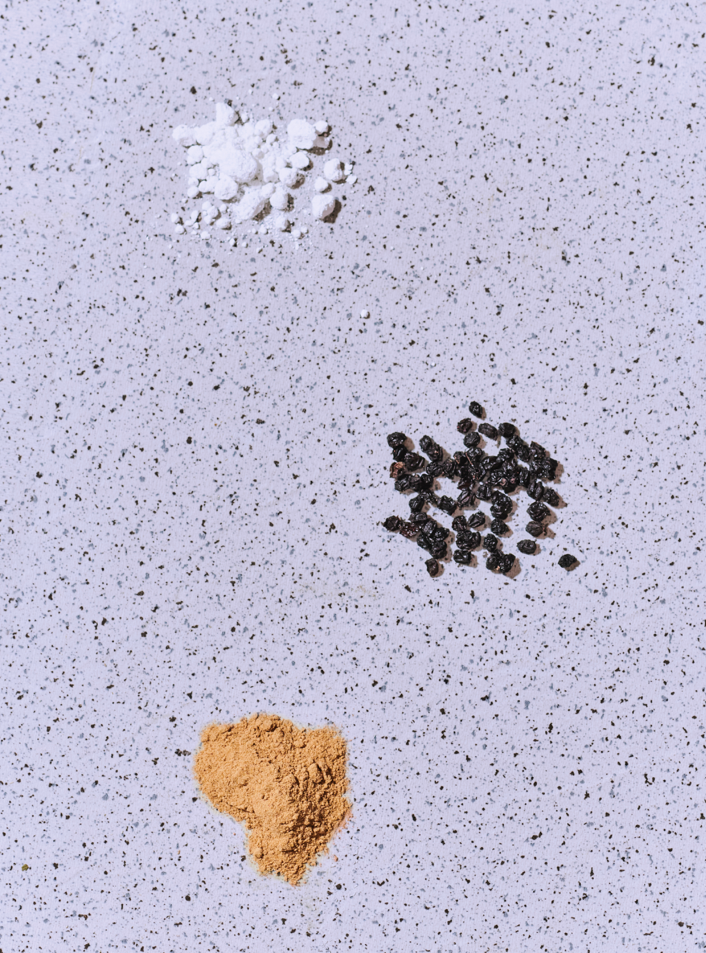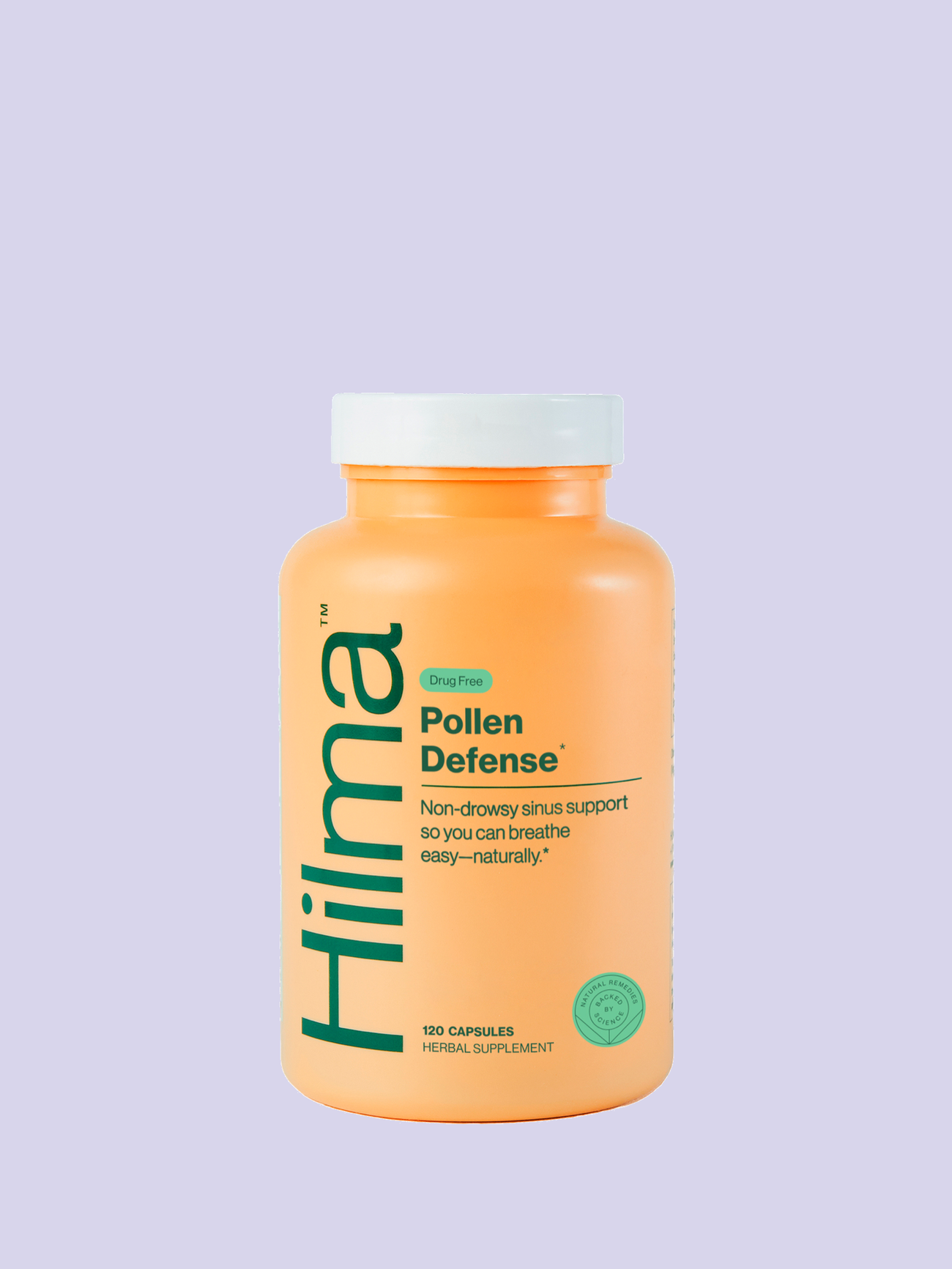
You’ve probably heard of Zinc — either in your high school chemistry class or if you’ve used that super-strong sunscreen. It is the fourth most commonly used metal in the world, crucial in the manufacturing of metals and various products all over the world. But why is it showing up in a natural remedy?
Zinc is also an essential mineral, meaning we need it in our diets to stay healthy. Both conventional and integrative medicine doctors have been recommending it to their patients for years because of it’s natural health benefits. Here we break down the history, science, and benefits of this powerful ingredient.
The History
Zinc was discovered as early as 200 B.C. when ancient peoples used zinc ores to make brass. It was officially recognized as a metal in 1374 in India. Understanding the role zinc plays in human health took a bit longer, however - taking off in the 1960s when an Iranian farmer was diagnosed with the first ever known zinc deficiency. Since then, scientists have become more interested in the many ways this powerful nutrient influences our health.
The Benefits
As more research was done, it was discovered that zinc plays a role in many bodily functions including immunity, cell division, the reproductive system, and cognitive development. In fact, it’s required for the activity of about 100 different enzymes that are involved in anything from regulating cellular metabolism and gene expression to bolstering our immune function and protein folding. It’s ability to support the immune system has been of particular interest to researchers as they’ve identified these benefits as well as discovered that approximately 12% of the US population is at risk for Zinc deficiency.
The Science
Research has shown that zinc deficiency can depress immune function. According to the National Institute of Health, “zinc deficiency can impair macrophage and neutrophil functions, natural killer cell activity, and complement activity.” For those who did not attend medical school, that simply means it can leave you extra vulnerable to infections of all kinds. And there’s no infection more infamous than the common cold that plagues so many of us every year.
Most colds are caused by a type of virus called rhinovirus, which thrives and multiplies in the nasal passages and throat (upper respiratory system). Studies have shown that Zinc may prevent the rhinovirus from multiplying. It may also stop the rhinovirus from lodging in the mucous membranes of the throat and nose, ultimately shortening the duration of the cold.
But how does it actually work? Zinc is required to activate T-cells, which is how your body regulates and controls your immune system. If taken at early onset, Zinc has been clinically shown to reduce the duration of a cold as well as reduce symptoms like a pesky sore throat, congestion, cough, body aches, and a low-grade fever. Zinc has also been found to support immune health through a number of preclinical and clinical studies.
This information is for educational purposes only and should not be taken as medical advice. Please consult a physician before treating any disorder.




